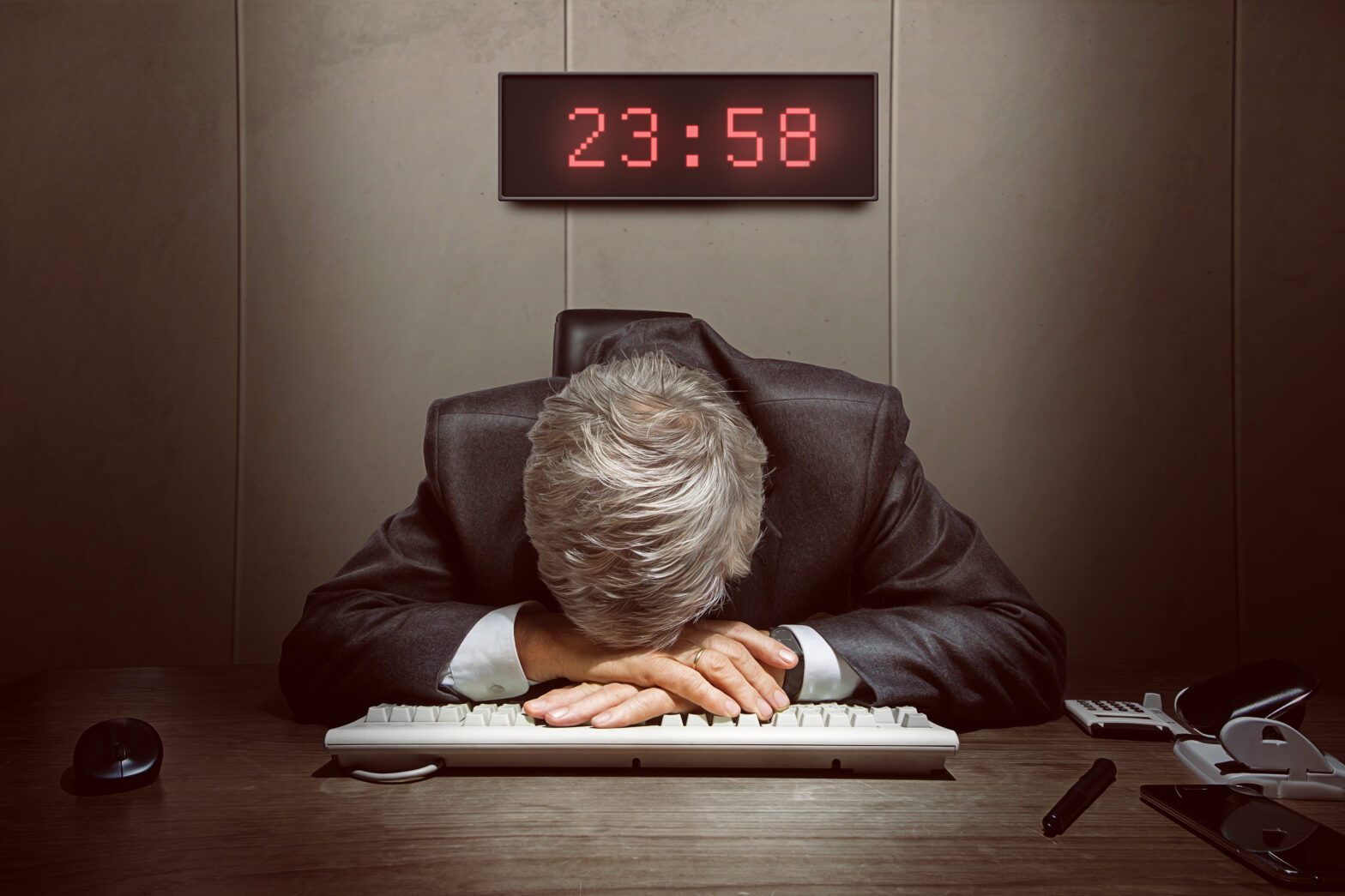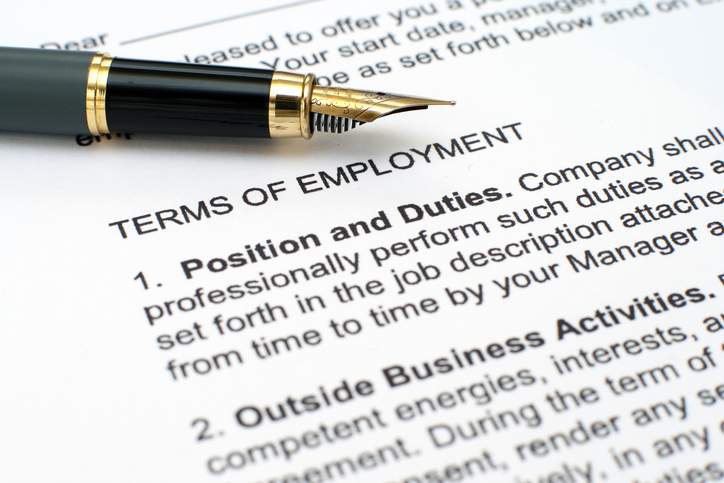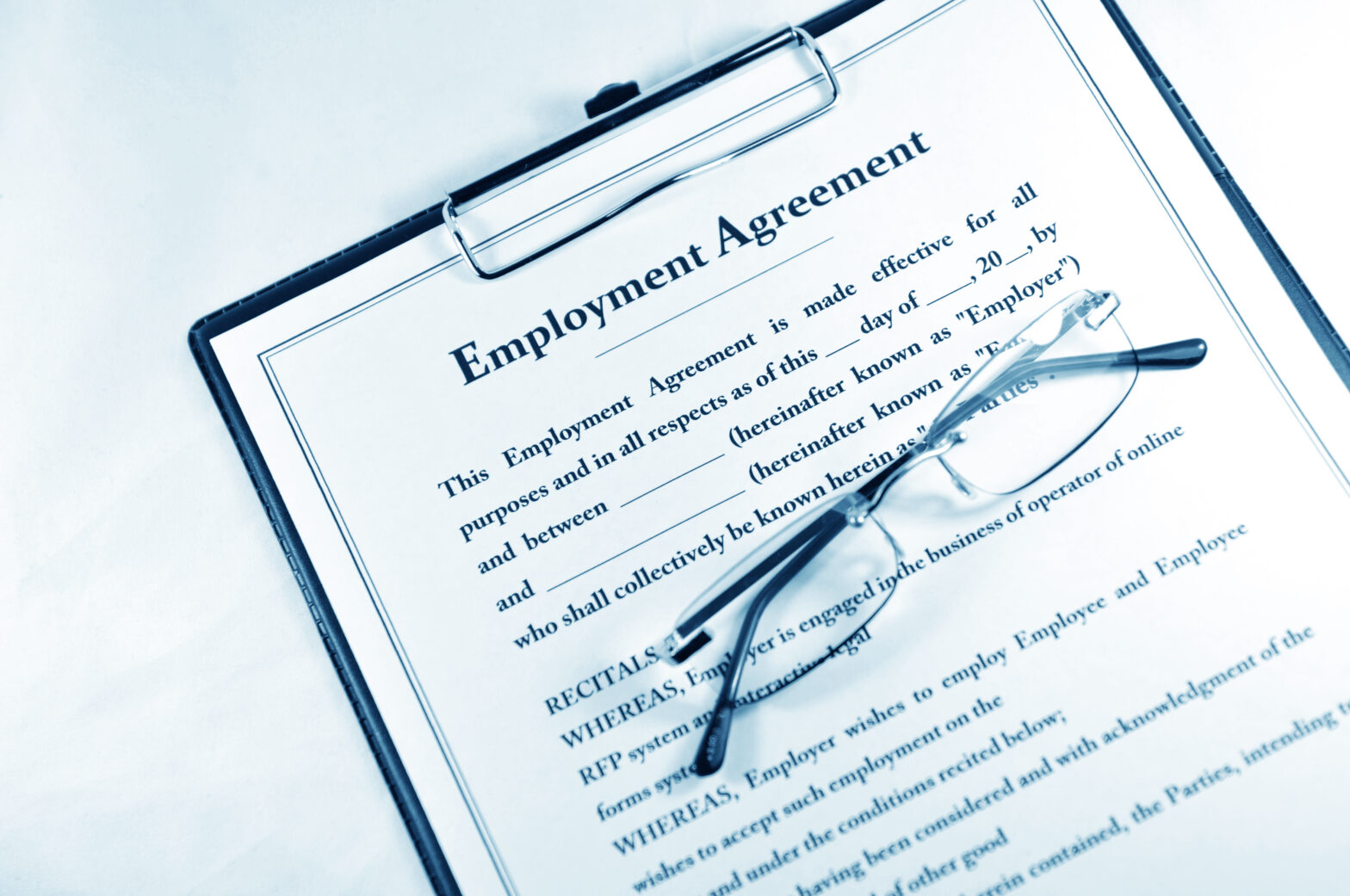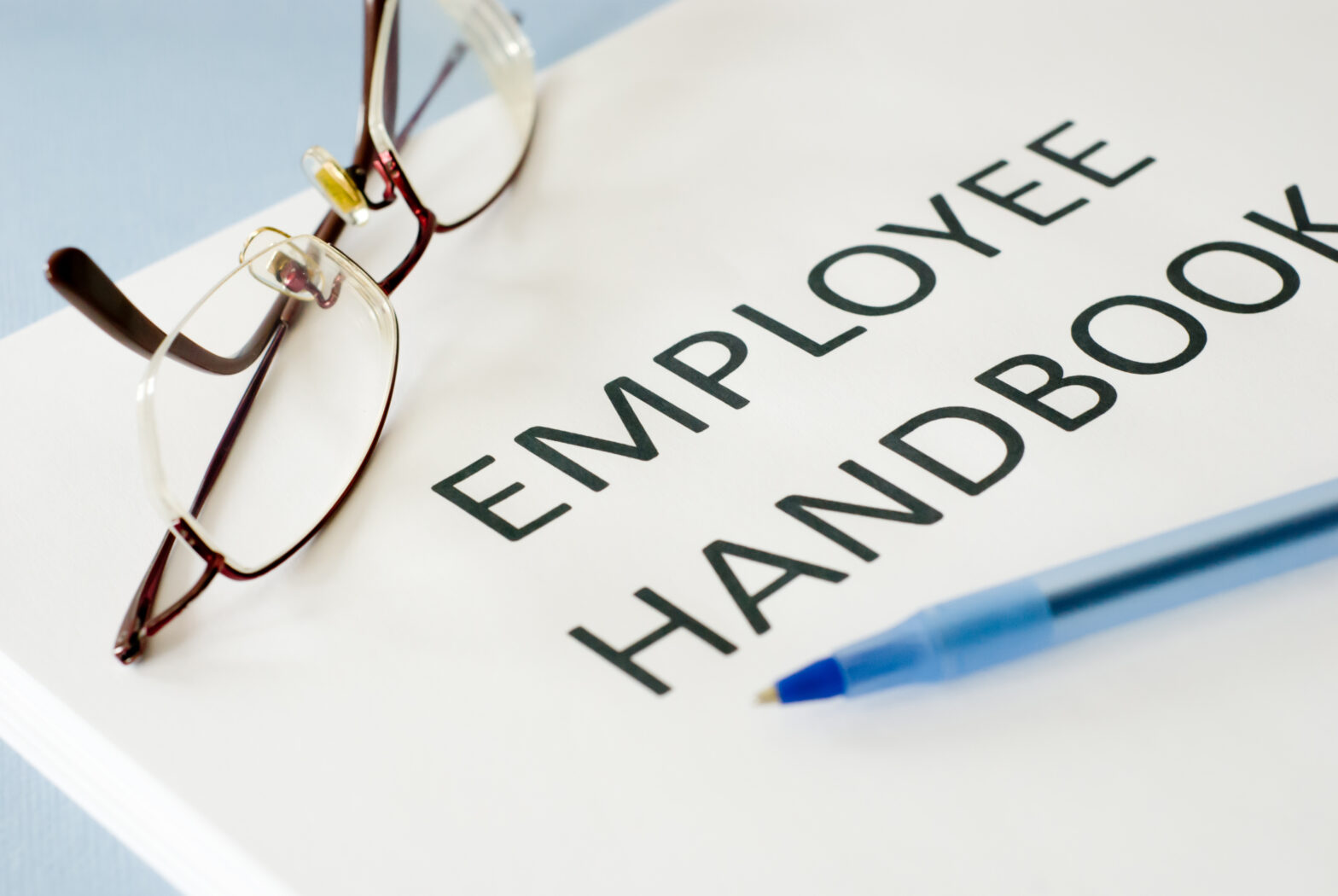The UK is home to more self-confessed poor sleepers than many other countries, a new international comparison from Aviva reveals. And Aviva’s latest Health Check UK report finds that getting enough sleep has become one of the UK’s top health ambitions.
Aviva’s international research compares whether people get enough sleep in 13 countries across Europe, North America and Asia and indicates that UK adults rank among the worst sleepers. Over a third (37 per cent) of adults in the UK say they do not get the right amount of sleep, the highest proportion of any of the countries surveyed.
Separately, Aviva’s Health Check UK report finds that a quarter of UK adults (25 per cent) list getting a better night’s sleep as a health ambition. This is now the second most common health ambition, beaten only by the desire to lose weight or improve BMI score (34 per cent).
As the hundredth anniversary of turning the clocks back this weekend gives the UK an extra hour in bed, Aviva’s research suggests that getting more sleep may just be what the nation needs.
Aviva Health Check UK report: family health priorities
Aviva’s latest Health Check UK research finds that three in ten (29 per cent) families plan to take action to improve their sleep over the next 12 months, compared to just 20 per cent who did this in the past year. Getting better sleep has seen the biggest shift in family health priorities across any of the actions suggested by Aviva’s research, including doing more exercise and losing weight (both up by eight percentage points).
In fact, more families plan to take action to sleep better (29 per cent) in the year ahead than plan to reduce sugar intake (22 per cent) or eat more healthily (26 per cent). Only half (51 per cent) of parents say they ensure their children get the right amount of sleep.
Children’s sleep patterns are a key factor that shape parents’ happiness with their family’s overall health. In households that are happy with their family’s health, only 15 per cent of parents have concerns over the amount of sleep their children get.
In households that are unhappy with family health, twice as many parents (34 per cent) have concerns over the amount of sleep their children get. Nevertheless, half of parents (49 per cent) admit to using going to bed later as a reward or motivation for their children.
Tiredness and darker nights affect our desire to exercise
Aviva’s Health Check UK report also shows that not getting enough sleep impacts on our ability to exercise – with 44 per cent of UK adults saying they are generally too tired to exercise. Women are more affected than men with 52 per cent of females feeling they are too tired to exercise, compared to 35 per cent of males.
And the shorter days following the clocks turning back makes exercise far less appealing, with 57 per cent of women and 48 per cent of men saying they find it more difficult to exercise in the darker months. Younger age groups are particularly affected: 61 per cent of 18-24s agree, compared to 45 per cent of over 55s.
Harnessing technology to get a better night’s sleep
While still relatively low, the overall proportion of UK adults using sleep monitors has nearly doubled in past year (from 4 per cent to 7 per cent). Younger age groups are far more likely to already be tracking their sleep, with 16 per cent of 25-34s using a sleep monitor. And overall, 49 per cent of UK adults would consider using a monitor in the future.
Dr Doug Wright, medical director for Aviva UK Health, thinks that the importance of getting a decent night’s sleep should never be underestimated. It plays an important role in mental and physical health, with your body using this time to renew and repair.
Wright adds, ‘However, it’s very easy to make a habit of going to bed too late, or not being able to switch off when you do eventually turn in for the night.
‘Sometimes a few lifestyle changes are all that’s needed to boost your sleep levels, such as establishing a routine, eating dinner earlier in the night or avoiding TV and mobile phone screens before bed. Trackers are also a great way of monitoring your rest patterns.’
He concludes, ‘However, if stress, anxiety or other mental health issues are what’s keeping you awake, getting help and support – including seeking advice from your GP – is recommended. Tackling sleepless nights is a crucial step to improving overall health and wellbeing.’





